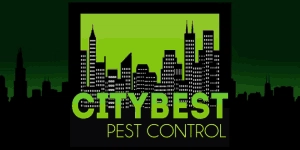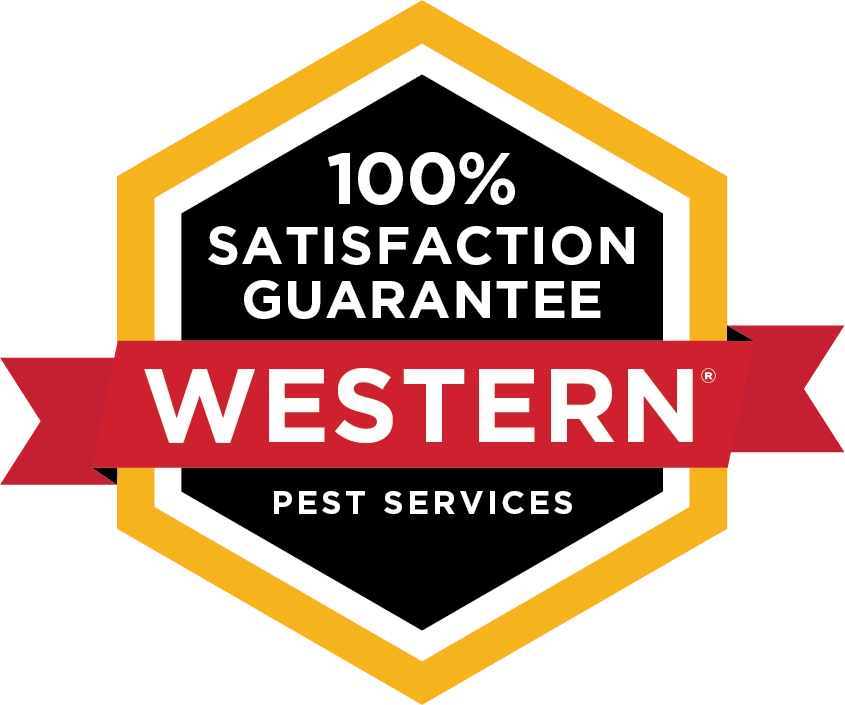How To Choose a Pest Control Company
Hiring the right company for you is the most important step in the pest control process. You might take into consideration a company's qualifications, treatment methods, years of experience, customer reviews, and service prices.
Below, we explore the details of each factor.
Does the company have a valid license and permits to perform pest control?
All pesticide applicators, as well as those that supervise them, should be licensed via the appropriate Pennsylvania regulatory agencies. The United States Environmental Protection Agency (EPA) sets minimum standards of competency, while issuing, maintaining, and revoking licensure is handled at the state level.
Is the company a member of any professional organizations?
An optional certification that may be worth looking for is the GreenPro Service Certification. To receive this certification, a pest control company needs to both show that its practices are more environmentally friendly and maintain certain technician training standards. Companies can also obtain other certifications from trade organizations like QualityPro to further back up their work.
Pest control companies can also become members of certain professional organizations. Joining an organization such as the National Pest Management Association (NPMA) or a state-level organization grants a pest control company access to resources and education, and a network of professionals with whom to compare best practices. Membership in one of these organizations is not mandatory, but it can help indicate that a company follows industry best practices.
Professional Experience and Specialties
The amount of time that a company has been in business can give you some insight into its experience dealing with the pests that live in Philadelphia. Online reviews or the company's website itself can also inform you whether it has the skills and experience necessary to deal with your particular pests. If you can't find the information you need online, contacting the company directly is an easy way to learn about its areas of expertise.
Reviews and Recommendations
You can verify a company's legitimacy using social media or local review sites as well as the Better Business Bureau (BBB). You can also check with Pennsylvania's licensing board to see the status of a company's license.
Cost of Services and Guarantees
Pest control costs can vary based on things like the type of pest being treated, your location, the size of your house, and other factors.
When considering the cost of services, you should confirm whether a company offers free on-site estimates as part of its process. This can inform you whether the company fits into your budget. Also look into what guarantees a company offers: If the problem is not resolved, or returns, does the company promise to offer additional treatments until the problem is satisfactorily handled?
Safety and Treatment Methods
Keeping yourself, your family and your pets safe is an important concern when selecting a pest control provider. You may also prefer one that offers eco-friendly solutions.
Safety
It's important to understand the precautions for the pesticides used in your house, for the sake of you, your family, and your pets. Your pest control expert should be able to provide information about the pesticides they will be using, whether they are low toxicity or non-toxic, and (if not) what safety measures they have in place. All pesticides (except minimum-risk ones) must be registered with the EPA.
Treatment Methods
Many companies are using options for more eco-friendly treatment methods before moving to harsh pesticides.
One popular way of making pest control safer and more eco-friendly is Integrated Pest Management (IPM). The steps of IPM are as follows:
- Identify problem pests and assess whether immediate action is needed.
- Determine the best and safest course of action.
- Use a combination of mechanical, cultural, biological, and physical controls to manage the pest problem.
- Use chemical controls only when required, and always with other controls for effective long-term pest management.
- Evaluate outcomes and continue with additional pest control as needed.
















